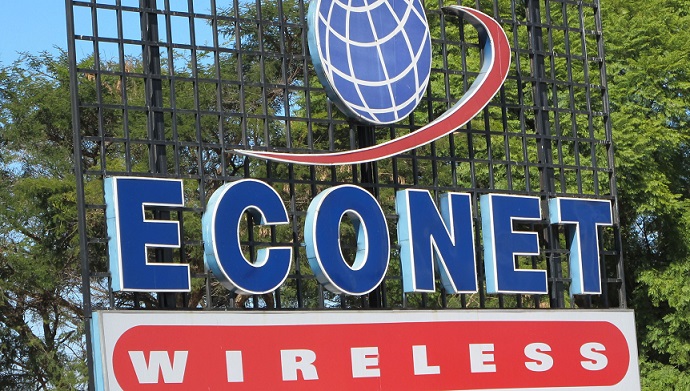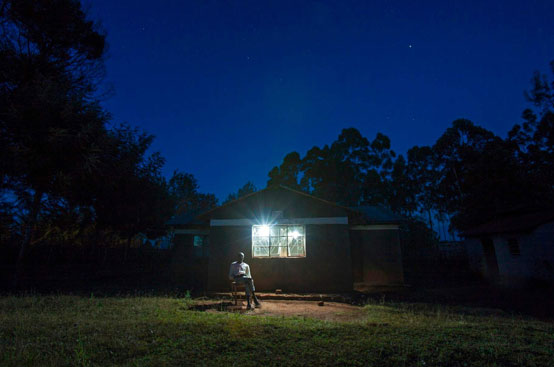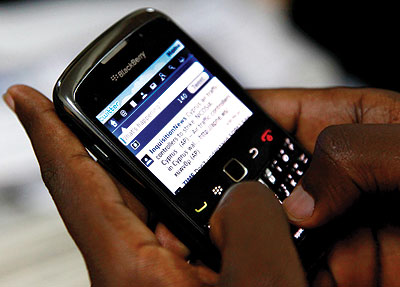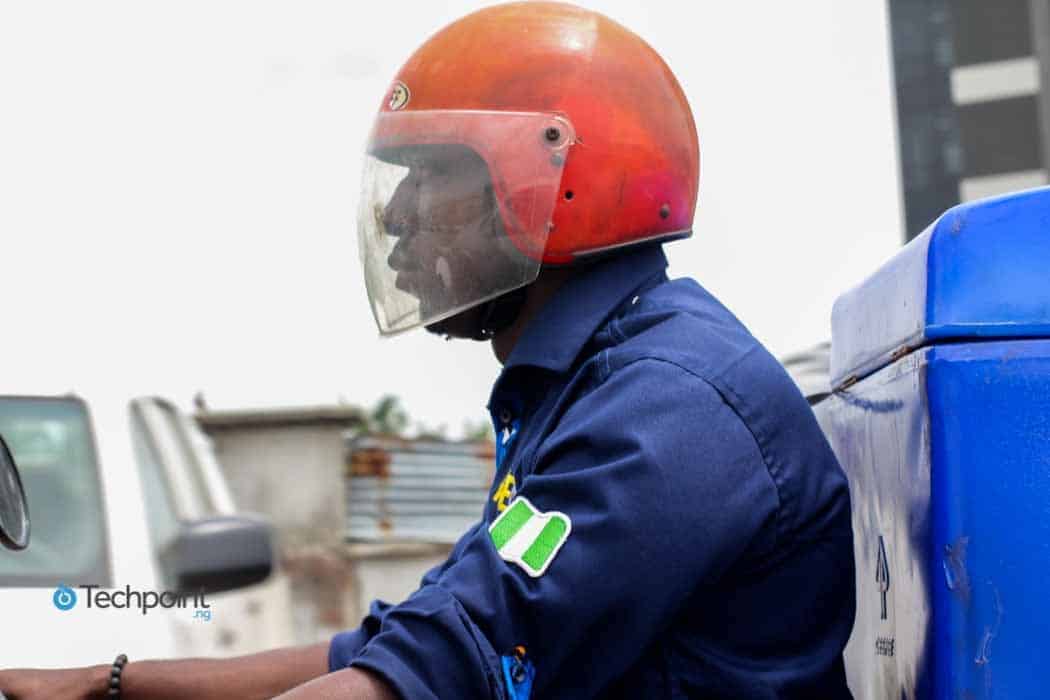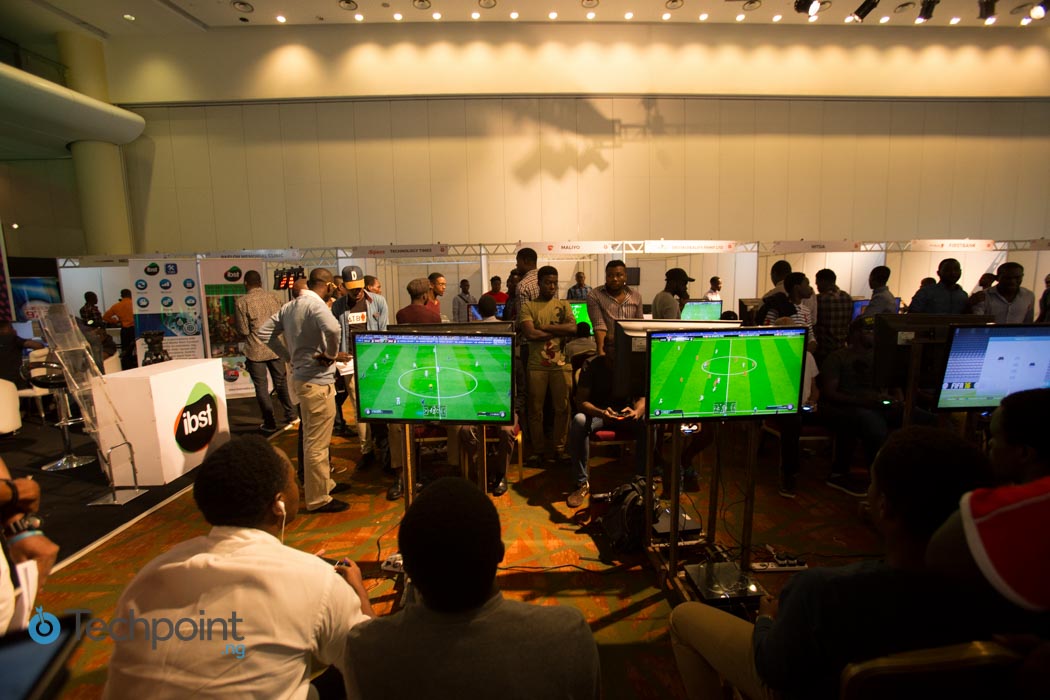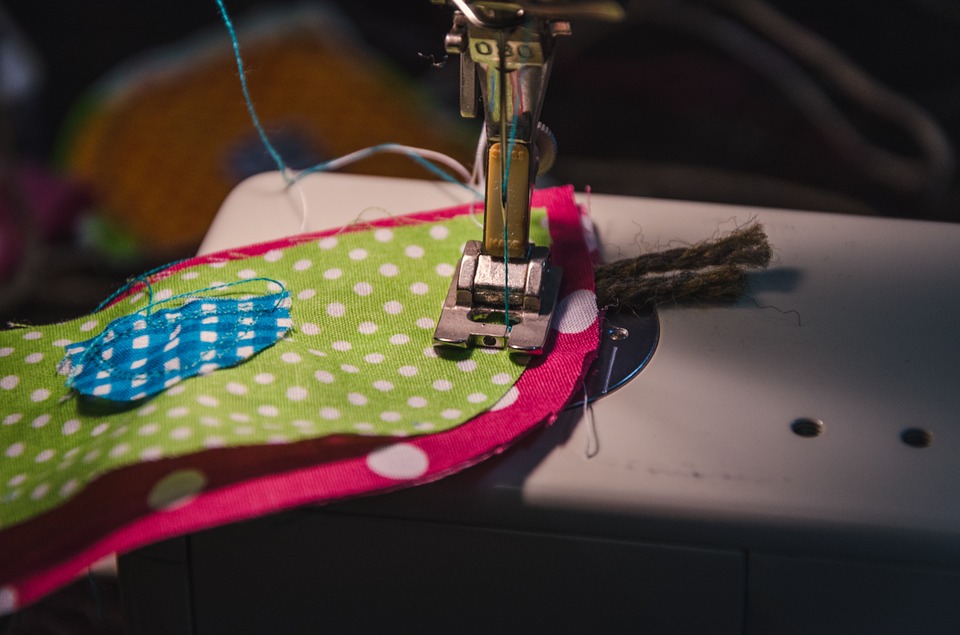Editor's Note: This is the sixth part in a series of narratives culled from Strive Masiyiwa's blog. Read Part 1, Part 2 , Part 3, Part 4 and Part 5.
If this were a movie, I can only give you a trailer…
When we set up the company in Nigeria, all 22 shareholders had to sign an agreement governing our relationship, known as a Shareholders Agreement. This was April 2001.
The purpose of a Shareholders Agreement is to protect the shareholders’ investment in the company. It sets out the shareholders’ rights and obligations and regulates the sales of shares in the company. It also governs how a company is run and seeks to establish fair and transparent relationships between shareholders. Any company with more than one shareholder should ideally have such an agreement.
Among the most important issues for us was to ensure legal compliance with two specific provisions:
1. What do shareholders do if they want to sell, transfer or dispose their shares in the company and get out?
Answer: They must first offer them to another member. They can only sell them to an outsider if the other members either decline or fail to pay within 30 days.
2. How do shareholders resolve any disputes between members involving the company?
Answer: Any aggrieved party must ask for Arbitration (rather than go to court). According to our Shareholders Agreement, a three-member international commercial arbitration panel had to be appointed by The Chief Judge of the Federal High Court of Nigeria. The decision of this panel was to be final and binding on signatory parties to the Shareholder Agreement.

Be the smartest in the room
Give it a try, you can unsubscribe anytime. Privacy Policy.
When the other shareholders, led by Delta State Governor James Ibori, decided to throw us out of the company, they did two things that violated the provisions in our Shareholders Agreement, as well as Nigerian law:
1. They “cancelled” our shares and removed our name from the share register of the company. No one has power to do this except a court and usually only the highest court in a country, as it is tantamount to expropriation of property rights. They did it anyway and dared us to go to court. We did, and it took us exactly 10 years to reverse what they did. The judges of the courts of Nigeria were harsh in their criticism of this decision by the other shareholders. They called it “disgraceful.” It was a form of gangsterism!
2. They did not offer us the right of first refusal. Instead they offered their shares to a third party (a company from the Middle East) without first offering them to us as an existing shareholder. Of course, in their minds, it was not necessary because they had first “cancelled” our shares.
___There’s no legal right for other shareholders to say, “We no longer recognise you as a shareholder,” then hold private meetings and make resolutions as if you don’t exist. (Protection of shareholder rights is sacrosanct if we want to mobilise investment and see the people of our continent prosper. Otherwise the whole investment climate is thrown up in the air!)
To right these wrongs, we first had to approach the Chief Judge of the Federal Court of Nigeria. Her name was Hon. Justice Ukeje. She inexplicably refused to grant our request for nearly five years. When she retired in 2008, we petitioned her successor Hon. Justice Mustapha. He granted our request and appointed a three-member international panel of legal experts to serve on the Tribunal. Two of them, including a retired judge, were Nigerian. It took him less than three months to make the appointments, for which we have waited nearly five years!
This Commercial Arbitration Tribunal was constituted under the auspices of the UN Commission for International Trade Law. The Tribunal ordered all the shareholders to appear before them with their lawyers.
It took almost four years of hearing evidence and arguments from lawyers and financial experts. We counted that there were more than 50 lawyers involved in the case, many of them from Europe and the United Kingdom, as well as leading lawyers from Nigeria.
The Tribunal issued its ruling on 22 December 2011.
To be continued. . .

